In today’s digital age, cybersecurity has become more important than ever before. With the increasing number of cyber threats, it is crucial for individuals, organizations, and governments to prioritize cybersecurity awareness and education.
Cybersecurity refers to the practice of protecting internet-connected systems, including hardware, software, and data, from cyber attacks. These attacks can range from phishing emails and malware to ransomware and DDoS attacks. The consequences of a cyber attack can be devastating, leading to financial losses, reputational damage, and even the compromise of sensitive information.
One of the biggest challenges in cybersecurity is the lack of awareness among the general public. Many people are unaware of the risks posed by cyber threats and do not take the necessary precautions to protect themselves online. This lack of awareness makes individuals more vulnerable to cyber attacks, as they may unknowingly click on malicious links or download infected files.
Furthermore, the rapid advancement of technology has made it increasingly difficult for individuals to keep up with the latest cybersecurity threats and best practices. This is where cybersecurity education plays a crucial role. By educating individuals about the importance of cybersecurity and providing them with the knowledge and skills to protect themselves online, we can help mitigate the risks of cyber attacks.
Organizations also need to prioritize cybersecurity awareness and education within their workforce. Employees are often the weakest link in an organization’s cybersecurity defenses, as they may inadvertently expose sensitive information or fall victim to phishing scams. By investing in cybersecurity training for employees, organizations can reduce the risk of a cyber attack and safeguard their data and systems.
Governments also play a key role in promoting cybersecurity awareness and education. By implementing policies and regulations that prioritize cybersecurity, governments can help create a safer online environment for individuals and businesses. Additionally, governments can collaborate with industry partners to develop cybersecurity initiatives and programs that aim to raise awareness and educate the public about cyber threats.
In conclusion, the growing need for cybersecurity awareness and education is evident in today’s digital world. By prioritizing cybersecurity education for individuals, organizations, and governments, we can help mitigate the risks of cyber attacks and create a safer online environment for all. It is crucial for everyone to take proactive steps to protect themselves online and stay informed about the latest cybersecurity threats and best practices.
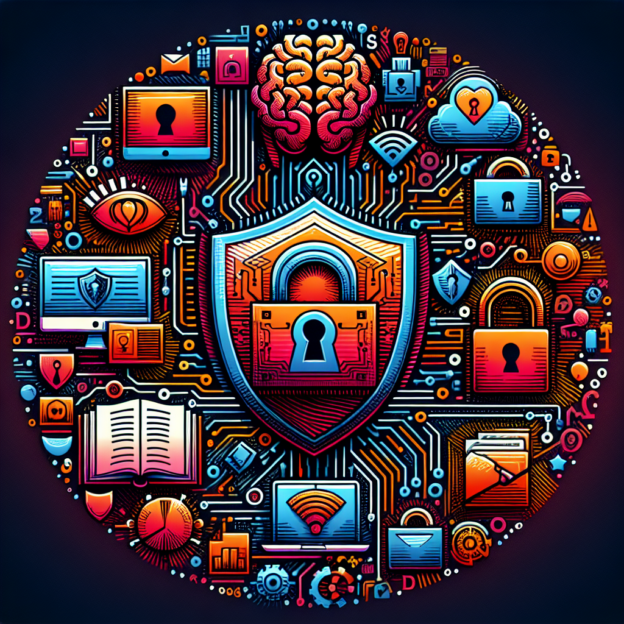
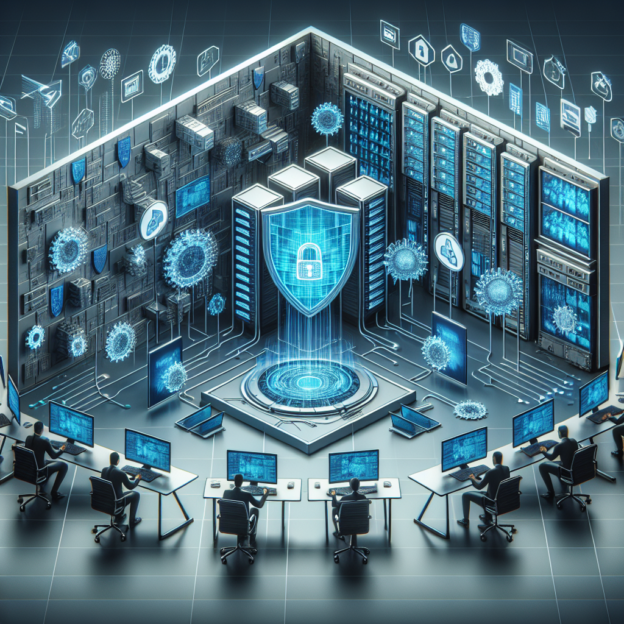

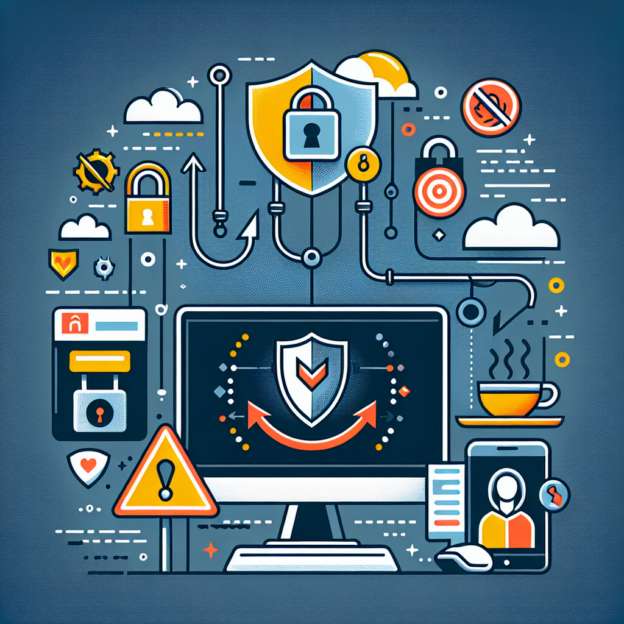

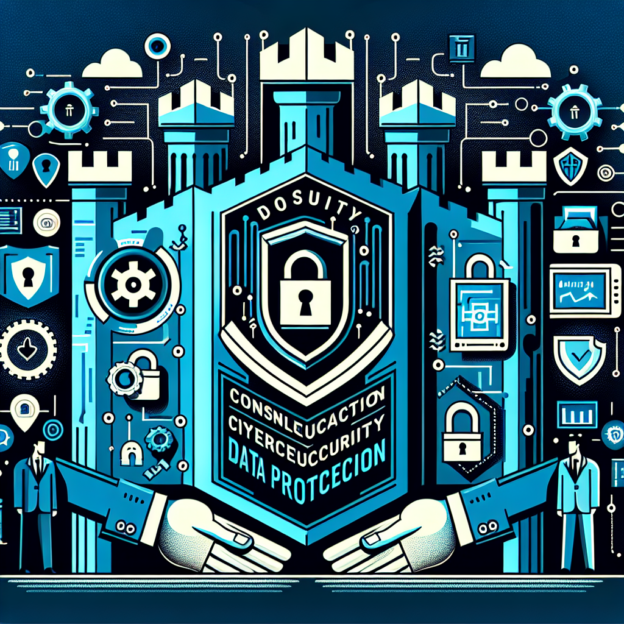
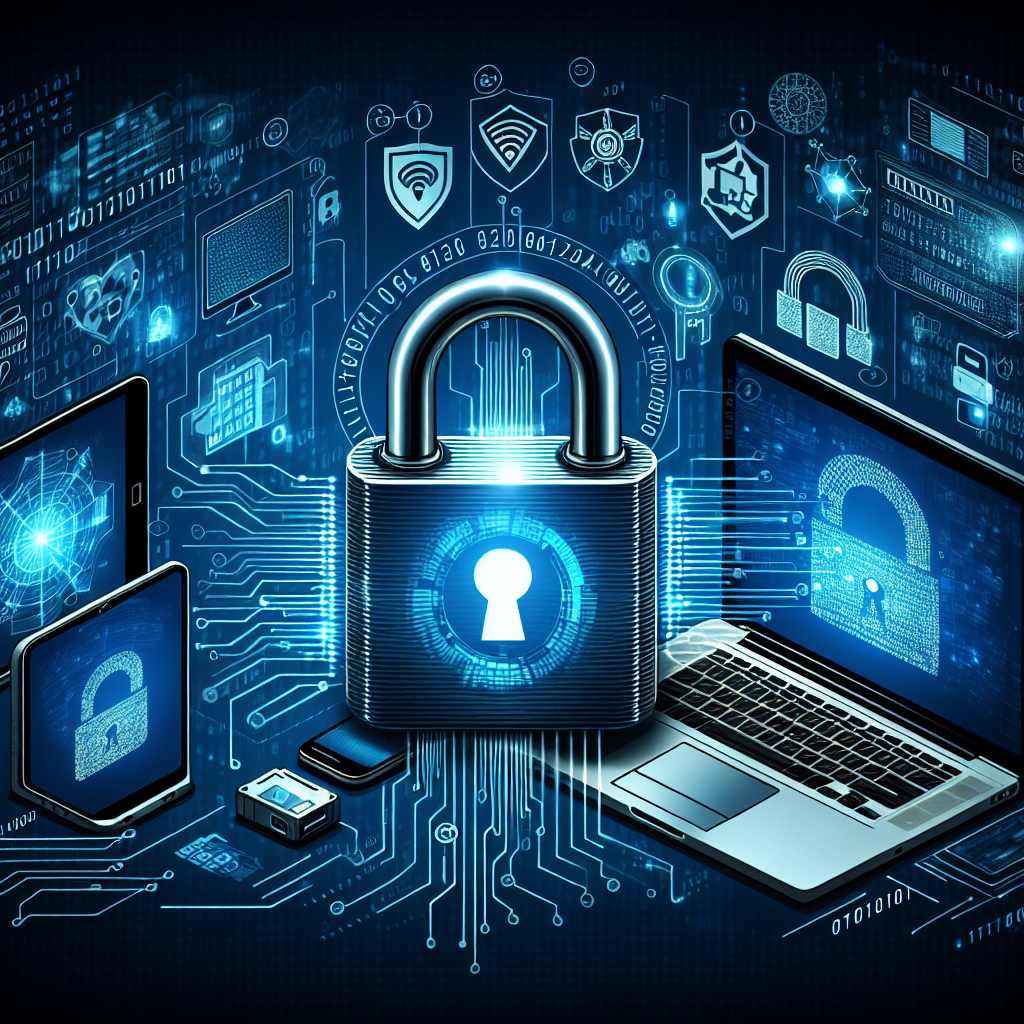



You must be logged in to post a comment.